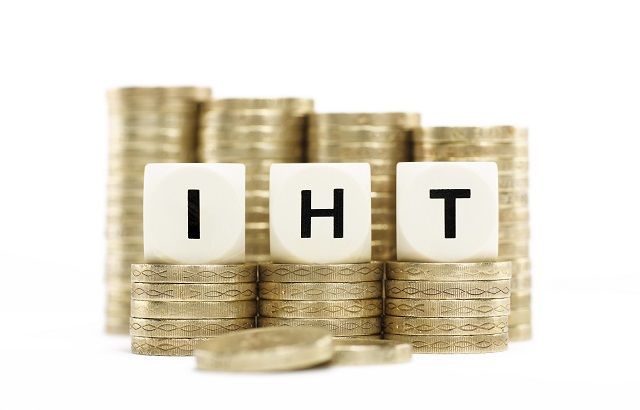HM Revenue & Customs (HMRC) has reported that total inheritance tax receipts were £5.35bn ($7.47bn, €6.29bn) for the 2020/21 financial year.
This is a 3.68% rise from £5.16bn the previous year.
IHT receipts have doubled in a decade, as in the 2010/11 financial year the UK taxman reported total receipts of £2.7bn.
Transfers taxable at death, which shows cash receipts for tax due when assets are transferred at death, came in at £5.07bn for 2020/21. This also includes tax levied in respect of lifetime transfers made within seven years before death.
Les Cameron, head of technical at Pru, said: “In recent tax years, we have witnessed IHT receipts crashing through the £5bn barrier.
“New statistics, provided by HMRC, reveal a total of £5.4bn for 2020/21, which is double the £2.7bn collected 10 years previously. With IHT thresholds frozen up to and including 2025/26 IHT and trust planning remains vital for those with a potential IHT liability.”
‘Entire tax take from IHT really is peanuts’
Olivia Kennedy, financial planner at Quilter, said: “The latest IHT statistics show the taxman is winning with an additional 4% added to the HMRC take compared to the previous year. This increased tax take suggests that the chancellor’s freeze on the nil rate band and residence nil rate band at the last budget is beginning to have the desired effect.
“It is achieving the ‘fiscal drag’ it set out to do, particularly given asset prices have soared following the depths of the pandemic and could continue to do so given inflation is on the up.
“As a result, many more people could end up having to pay IHT without realising they would fall into the tax charge. It is vitally important people start to have conversations with loved ones to fully understand an estate and the value of it. While it isn’t always the most pleasant conversation, it is better to have it now than during more emotional times such as following a death.
“The increased IHT tax take may also be down to the fact that the comparison period is with a time in which saw the peak disruption from the pandemic. HMRC could not accept paper cheques at the height of covid, and with digital tax still not where it needs to be, we are now seeing these payments being processed as normalities return.
“With the government looking for ways to plug the holes in the public finances created by the pandemic, inheritance tax will always be in focus. However, the entire tax take from IHT really is peanuts compared to other forms of tax.
“But while IHT isn’t exactly of importance to the treasury, for now it appears to be in place in its current form for some time yet. It is a complicated tax and one that requires a necessary level of knowledge to ensure you pay the right amount. In most people’s cases that will be nothing, but it is always worth speaking to a financial adviser about your estate and how you may be able to mitigate things.”








